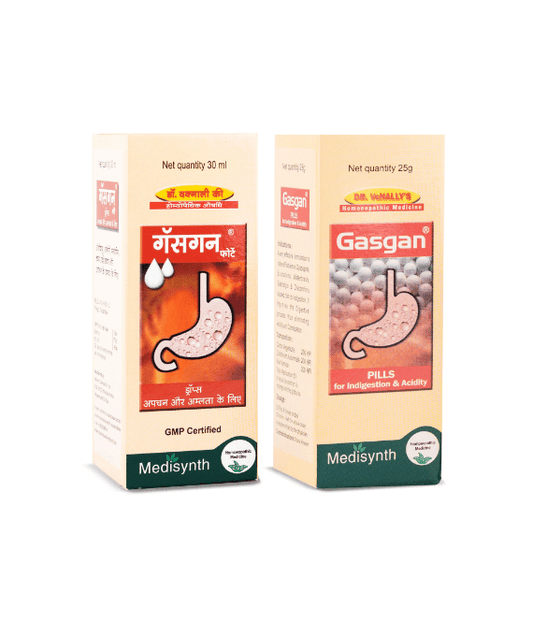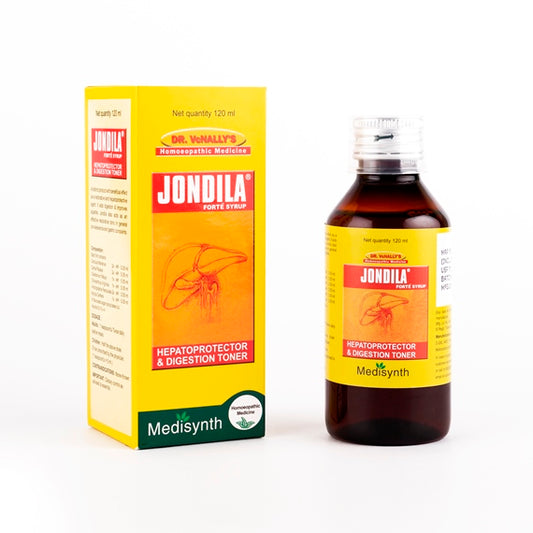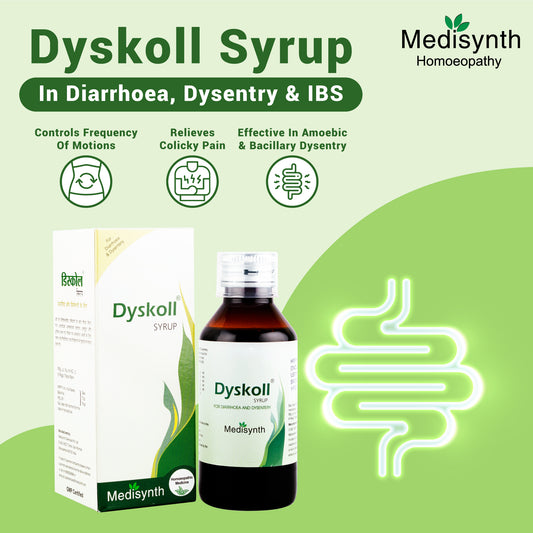The Most Effective Homeopathic Remedy for Appetite Management

Maintaining a balanced diet and managing appetite can be challenging. Amidst the variety of options available for appetite control, homeopathy offers a unique and holistic approach.
homeopathy believes in the principles of treating the whole person rather than just the symptoms, it aims to harmonise the body’s vital force to restore balance and health. This alternative medical system, which has been practised for over two centuries, provides a range of homeopathic medicine and remedies for appetite. That are believed to help manage appetite and support healthy eating habits.
In this article, we will explore how homeopathic remedies can be used to address various appetite-related concerns, from curbing excessive cravings to stimulating a diminished appetite.
By diving deeper into the principles of homeopathy and examining specific remedies, we aim to provide light on how these natural treatments may offer a gentle and effective path toward achieving your dietary goals.
Understanding common factors related to Appetite management
Appetite loss is a condition characterised by a reduced desire to eat. It can arise from a variety of underlying causes, ranging from medical conditions to psychological factors. When left unaddressed, appetite loss can lead to malnutrition, weakened immune function, and overall health decline.
On the other hand, some people may have problems related to increased appetite as well and so they want to practice appetite management with the help of homeopathy. It is worth noting that sudden increase in appetite is not always a good sign, and it needs to be observed as well.
Here are the most common factors that are related to sudden loss or increase in appetite:
-
Stress and Anxiety: Stress often triggers a heightened fight-or-flight response, which can lead to a decrease in appetite in some individuals. However, for others, stress can lead to emotional eating, where food becomes a coping mechanism. Anxiety can also disrupt the normal function of hunger hormones, creating irregular cravings or poor appetite.
-
Depression: Depression can cause changes in appetite, often leading to either a lack of interest in food or excessive overeating.
-
Boredom or Emotional Eating: Many individuals eat out of boredom, loneliness, or as a way to soothe emotional distress.
-
Indigestion and Bloating: Digestive issues such as indigestion, bloating, and acid reflux can make individuals feel uncomfortable and suppress their natural appetite.
-
Leptin and Ghrelin: Leptin, known as the “satiety hormone,” signals to the brain when the body is full. Ghrelin, on the other hand, is the “hunger hormone” that stimulates appetite. Imbalances between these hormones can lead to increased hunger (hyperphagia) or decreased hunger (hypophagia).
-
An overactive thyroid (hyperthyroidism) can lead to increased hunger and weight loss, while an underactive thyroid (hypothyroidism) can cause a lack of appetite, weight gain, and fatigue.
-
Insulin resistance, commonly seen in conditions like type 2 diabetes, can cause abnormal hunger and cravings, particularly for sugary or high-carb foods.
-
Sedentary Lifestyle: Physical inactivity can lead to a slower metabolism and, in some cases, an overall loss of appetite. Diets that are lacking in essential nutrients can impair appetite regulation. Additionally, diets high in processed foods, sugars, and unhealthy fats can promote unhealthy cravings, leading to overeating.
-
Chronic Illnesses: Conditions such as cancer, diabetes, gastrointestinal diseases (like Crohn’s disease or celiac disease), and liver or kidney diseases can directly affect appetite. These conditions may cause nausea, pain, or other symptoms that reduce the desire to eat.
-
Medications: Certain medications, including chemotherapy drugs, antidepressants, or medications for chronic pain, can have side effects that alter appetite. Some may cause nausea, fatigue, or a metallic taste in the mouth, which can reduce the desire to eat, while others may lead to increased cravings or overeating.
-
Age Factor: Young children may experience fluctuations in appetite due to growth spurts or developmental stages. Older adults may experience a natural decline in appetite due to changes in metabolism, sensory changes (such as a reduced sense of taste and smell), or medication side effects.
Common Homeopathic Remedies & Medicine for Appetite Management
Appetite management, which is basically treatment of loss of appetite or increase in appetite, is best done with the help of homeopathy because of its nature of treatment which gives you lasting benefits.
During our research, we found the following remedies to be the best and most common homeopathic remedies in terms of appetite management:
-
Alfalfa is believed to help stimulate appetite due to its action on the sympathetic nervous system. It may support overall digestive health, potentially improving nutrient absorption and appetite resulting in improved mental & physical vigour with gain in weight.
-
Avena Sativa, commonly know as oats, is often recommended for individuals who experience a lack of appetite due to stress, or anxiety. It has a calming effect on the nervous system, helping to reduce tension and restore healthy appetite. This remedy is especially beneficial for individuals who may have a weakened appetite due to emotional stress or overwork.
-
Cinchona Officinalis, also known as China, has been used to stimulate appetite, particularly in cases of loss of appetite due to illness. It is believed to work by affecting the digestive system, improves digestion process, and treats ill effects of tea.
-
Hydrastis Canadensis, also known as Goldenseal, is primarily used for its antimicrobial properties, but it is also thought to have a stimulating effect on the digestive system. It has soothing action on mucus membrane which helps to improve digestion thus the appetite.
-
Withania Somnifera or Ashwagandha is known for its stress-reducing properties, which can help regulate appetite by alleviating stress and anxiety. It might also help improve overall vitality, which can influence appetite and digestion.
-
Acidum Phosphoricum is used to treat symptoms of exhaustion and weakness, which may include loss of appetite. By addressing underlying conditions of fatigue, it may help improve appetite indirectly.
-
Ferrum Phosphoricum is used in homeopathy to support conditions related to anaemia and inflammation, which can affect appetite. By improving overall energy and well-being, it may help restore a normal appetite.
-
Kali Phosphoricum is used to address conditions of mental and physical fatigue, which can influence appetite. By supporting mental clarity and energy levels, it may help normalise eating patterns.
-
Calcarea Phosphorica is a homeopathic remedy derived from calcium phosphate, which is essential for bone health and cellular function. It is used to support growth and repair, which can be beneficial if appetite issues are related to nutritional deficiencies or developmental concerns.
-
Magnesium Phosphoricum is often used to address muscle cramps and nervous system issues. Since stress and physical discomfort can affect appetite, addressing these issues may indirectly support appetite regulation. It is primarily used to relieve colic & correct indigestion thus helps to improve appetite.
-
Natrum Phosphoricum is used to treat digestive issues, such as acidity and flatulence, which can impact appetite. By improving digestive function, it may help normalize eating patterns.
Medisynth Alfamalt Forte
As we mentioned earlier, appetite management is the management of appetite loss or increase in appetite to regulate it and promote healthy living and this can be best achieved with the help of homeopathy.
After trying out a lot of products from the market and getting disheartened by the fact that most of them didn’t work, we can confidently say that the homeopathic medicine for appetite available right now is Medisynth’s Alfamalt Forte which is a malt-based health tonic that combines the goodness of Alfalfa with the richness of the malt.
This sweet and delicious formula acts even better in synergism with malt, and provides quick results in cases of under-nourishment.
Alfamalt is an ideal homeopathic malt tonic for under-weight children and elderly people.
It is worth noting that Medisynth’s Alfamalt Forte comes with all the common homeopathic remedies mentioned above that are beneficial in appetite management such as Alfalfa, Avena Sativa, Cinchona Officinalis, Hydrastis Canadensis, Withania Somnifera, Acidum Phosphoricum, Ferrum Phosphoricum, Kali Phosphoricum, Calcarea Phosphorica, Magnesium Phosphoricum & Natrum Phosphoricum.
Conclusion
Appetite management, be it for loss of appetite or increase in appetite is necessary in order to live a healthy life and lifestyle changes such as physical activity and exercise as well as regular diet is also necessary to manage the same.
With the help of common homeopathic remedies mentioned above which are present in Medisynth’s Alfamart Forte, a malt-based drink, can be taken as per a professional’s guidance. You can manage your appetite and promote a healthy lifestyle with the help of homeopathy.
Write source
Boericke’s Materia Medica







